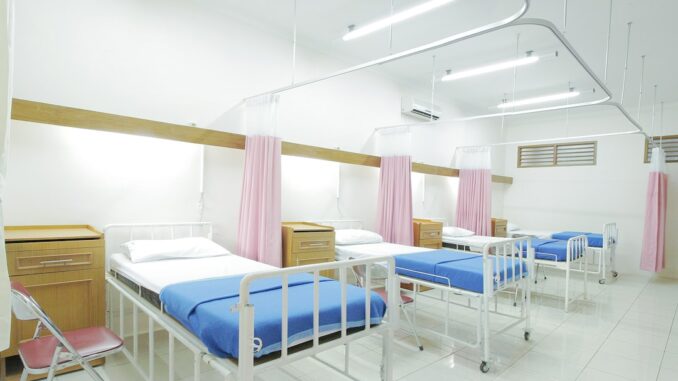
Summary
A ransomware attack on Memorial Hospital and Manor in Bainbridge, Georgia, compromised the personal information of 120,000 individuals. The Embargo ransomware group claimed responsibility, reportedly exfiltrating 1.15 terabytes of data. The hospital is offering affected individuals complimentary identity protection and credit monitoring services.
Explore the data solution with built-in protection against ransomware TrueNAS.
Main Story
Okay, so let’s talk about the recent ransomware attack on Memorial Hospital and Manor in Bainbridge, Georgia. It’s pretty bad news; about 120,000 patients’ personal information was compromised. Can you believe it? The attack happened back in November 2024, but it only came to light when the hospital admitted their systems were down. Everything went manual, which, you know, is never a good sign.
It really highlights how vulnerable these smaller, rural hospitals are. They often don’t have the resources for top-tier cybersecurity, making them easy targets. I remember reading about a similar situation a few years ago at a clinic in upstate New York. They had to shut down for weeks after an attack. It was a total mess.
Embargo, a ransomware group, claimed responsibility. Apparently, they exfiltrated a whopping 1.15 terabytes of data. Think about it: names, birthdays, Social Security numbers, insurance info, and even medical histories. The hospital mentioned the potential compromise of driver’s licenses in their notification filed with the Maine attorney general, though, it wasn’t explicitly stated.
Because of the attack, the hospital couldn’t access its electronic health records system. As a result, they had to use paper records. It’s wild to think about going back to pen and paper in this day and age, isn’t it? Although the hospital insists patient care wasn’t affected, you just know wait times went up and administrative work became a nightmare. The hospital’s doing an internal investigation, hired a cybersecurity firm, and called in the FBI. Standard procedure, but it’s still a huge undertaking.
And here’s the kicker, this isn’t an isolated incident. Several other healthcare facilities have reported similar attacks recently. It makes you wonder, what is going on? The need for stronger cybersecurity in healthcare is clear, and I mean crystal clear. Beyond the immediate disruption, there’s the risk of identity theft, fraud, and misuse of medical data. It’s a real threat to individuals.
The hospital’s offering affected folks free identity protection and credit monitoring for a year. It is helpful, but let’s be real, the long-term effects can be significant, demanding constant attention. It’s a solid gesture, but honestly, a year? I’m not sure that’s enough to fully address the potential damage.
This Memorial Hospital situation is a wake-up call. It really shows how vulnerable sensitive data is in the healthcare world, and how serious ransomware attacks are becoming. We need more than just best practices; it’s an ethical duty to protect patient data. We need to proactively protect our data. As of today, February 12, 2025, investigations continue, and who knows the full extent of the damage that may or may not be know in the near future.


Going back to pen and paper, eh? I bet the ransomware group didn’t think about how that would boost sales at Staples. Maybe they should diversify into office supply investments *before* the next attack?
That’s a funny and insightful point! The return to paper records definitely highlights a vulnerability we often overlook. Perhaps increased investment in robust cybersecurity *and* a well-stocked supply closet are both essential for organizations these days.
Editor: StorageTech.News
Thank you to our Sponsor Esdebe
The switch to paper records underscores the critical need for offline data backups in disaster recovery plans. Exploring secure, physically isolated storage solutions could minimize operational disruptions during cyber incidents and protect sensitive data.
That’s a great point about offline backups! The reliance on paper really highlights the value of physically isolated storage. Implementing secure, offline backups is vital for healthcare facilities to maintain operations and safeguard patient data during cyber incidents. It would minimize operational disruptions during cyber incidents and protect sensitive data. Perhaps offline data backups are the modern equivalent of “records in the basement”.
Editor: StorageTech.News
Thank you to our Sponsor Esdebe
The move to paper records highlights the crucial role of staff training in disaster recovery. Equipping personnel to efficiently manage manual processes during system outages is essential for maintaining operational continuity and minimizing patient impact.